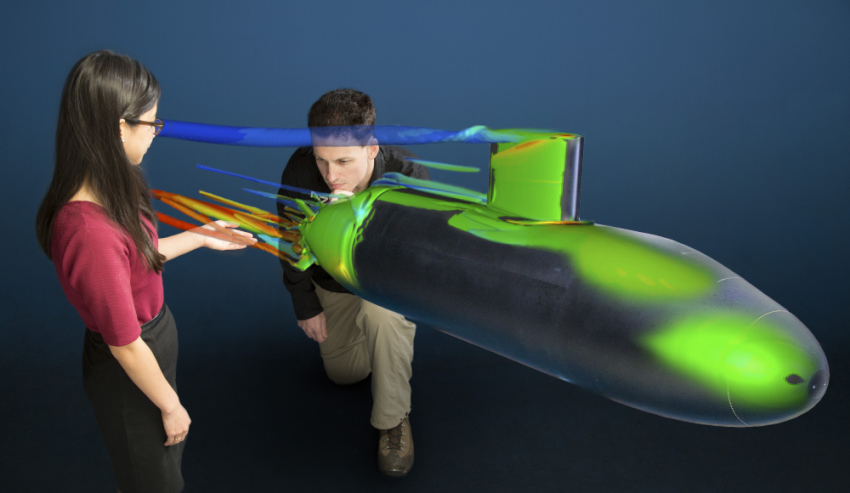Fostering an environment of collaboration rather than competition will be crucial to securing the success of NSW’s defence innovation network, a Department of Defence figure has said.
To continue reading the rest of this article, please log in.
Create free account to get unlimited news articles and more!
Matthew Ramage, Department of Defence Acting First Assistant Secretary Defence Industry Policy, told the NSW Legislative Council’s standing committee on state development the state's defence innovation network, based on a Victorian model, must encourage NSW universities to forge strong relationships to create cutting-edge capabilities for the defence industry of the future.
"It is a defence science and technology initiative rather than the industry side," explained Ramage.
"It is a co-ordinating mechanism to ensure that you are bringing university and research capability together ... to be able to have a focal point for saying, 'This is what Defence needs in terms of its capability requirements'."
Ramage said Defence will get the best outcomes from universities if this collaborative relationship with a common goal is established.
"There are many universities, to promote collaborative arrangements and ways in which you harness that capability for the greater good rather than necessarily the competition," said Ramage.
"You can organise collaboration across universities to meet Defence's needs. I think that sort of [Victorian] model translated into New South Wales will mean that you are more likely to get better outcomes by having universities working together and working to meet the common goal."
Ramage's calls for co-operative universities echoes comments from industry leaders who have criticised defence procurement processes that see states compete against each other, a process the standing committee on state development was told is detrimental to industry.
"Businesses need to be sustainable for the long-term on their own merits, and our businesses look at the long-term business case and work out: does it make sense to establish, in the case of that LAND 400 project, a build facility that will set up a project for a period of time and then that project will end and then what will be left? In the shipbuilding sector, it was called the valley of death for a period of time where projects came, projects went and there was an aftermath," Thales Australia chief executive Chris Jenkins told the committee.
"Projects need to be in the context of a sustainable business enterprise ... What we do think, though, is that it is very important for New South Wales to be on the front foot in ensuring that this national enterprise of things like submarines and future frigates is not just focusing on South Australia where the ship gets built; it is all of the knowledge that Australia has, all of the engineers that are coming through university today or kids that have not even thought to be engineers and encouraging them to be part of that future workforce that will not only create the system in the first instance but make sure it stays at the cutting-edge of performance right through the life of that ship, which could be 40 or 50 years."

 Login
Login







